
AeroGenie: il tuo copilota intelligente.
Tendenze
Categories
India’s Airports Embrace AI and Sustainability to Transform Travel in 2025
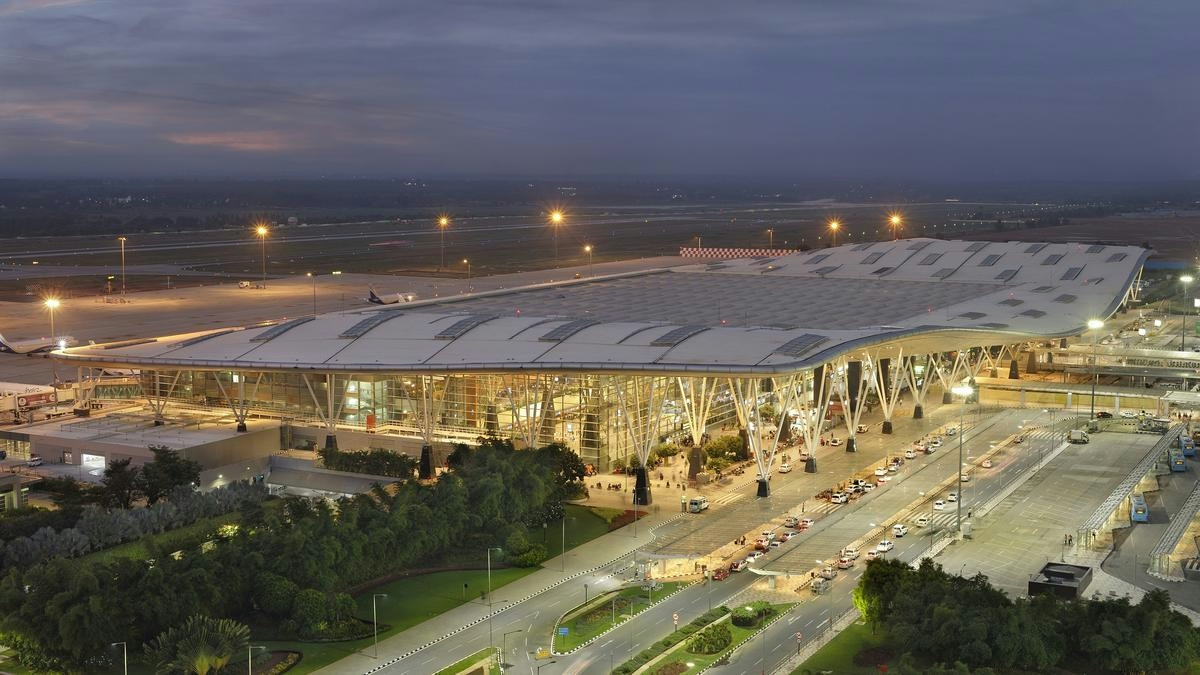
India’s Airports Embrace AI and Sustainability to Transform Travel in 2025
India’s airports are undergoing a profound transformation, evolving beyond traditional transit points into sophisticated hubs that embody the country’s aspirations and global engagement. With air passenger traffic reaching 376 million in 2024—a 15% increase from the previous year—airports across the nation are rapidly integrating advanced technologies and sustainable practices to enhance the travel experience for over a billion people.
AI Integration and Passenger Experience
Artificial Intelligence (AI) has become central to the modernization of airport operations. From biometric check-ins and automated baggage handling to predictive maintenance and enhanced security protocols, AI-driven systems are streamlining every aspect of airport functionality. These technologies enable real-time analysis of passenger flow, accurate forecasting of flight delays and weather disruptions, and proactive communication with travelers. AI-powered chatbots provide round-the-clock customer support, addressing common queries and improving overall passenger satisfaction.
Despite these advancements, the adoption of AI presents challenges. Airports must ensure passenger acceptance of AI-enabled services while maintaining transparency in automated decision-making processes. Balancing innovation with trust remains essential as the industry navigates the evolving impact of AI on customer experiences.
Self-service technologies and biometric solutions are also reshaping the passenger journey. The widespread use of self-service kiosks and automated baggage drops empowers travelers, particularly younger demographics, by offering greater control and convenience. Initiatives such as Digi-Yatra employ facial recognition technology to facilitate contactless travel, reducing wait times and enhancing security. These developments align India’s airports with global counterparts in Amsterdam, Dubai, and elsewhere, which are setting new standards for efficiency and passenger convenience through biometric integration.
Regional Connectivity, Cloud Adoption, and Sustainability
India’s Regional Connectivity Scheme (RCS) – UDAN continues to play a pivotal role in expanding air travel access across the country. Marking its eighth anniversary in 2024, UDAN has established 619 operational routes connecting 88 airports, including 102 new routes launched this year. This expansion supports balanced regional development by linking underserved areas with major urban centers, thereby broadening the reach of air travel to millions more citizens.
In parallel, airports are increasingly adopting cloud-based solutions to enhance operational resilience and data management capabilities. This shift enables greater agility in handling complex logistics and passenger services. Sustainability has also emerged as a key priority, with airports investing in renewable energy sources, eco-friendly infrastructure, and responsible resource management to reduce their environmental impact.
The convergence of AI and sustainability is influencing market dynamics within the aviation sector. Both emerging travel startups and established companies such as Trip.com Group are intensifying investments in AI innovation and green initiatives. Industry players are engaging in strategic collaborations to deliver personalized and environmentally responsible travel experiences, while some are pursuing acquisitions or exits to capitalize on growth opportunities driven by technological advancements.
As India’s airports continue to integrate AI and sustainability, they are not only improving operational efficiency and passenger satisfaction but also establishing benchmarks for the global aviation industry. The path forward will require careful management of technological, regulatory, and market challenges, promising a smarter, greener, and more connected future for air travel in India.
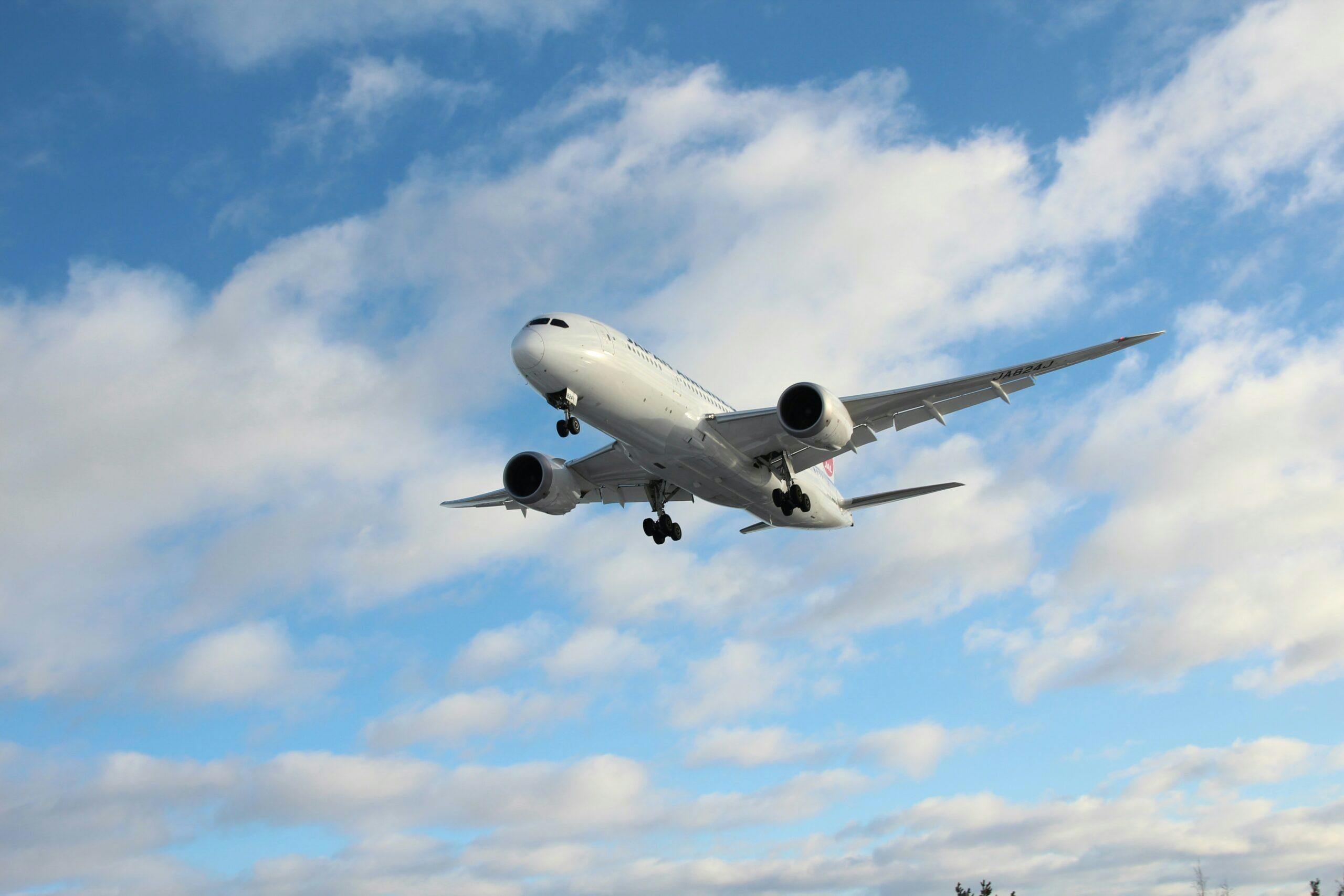
Warburg Pincus Acquires Hong Kong-Based Topcast Aviation Supplies
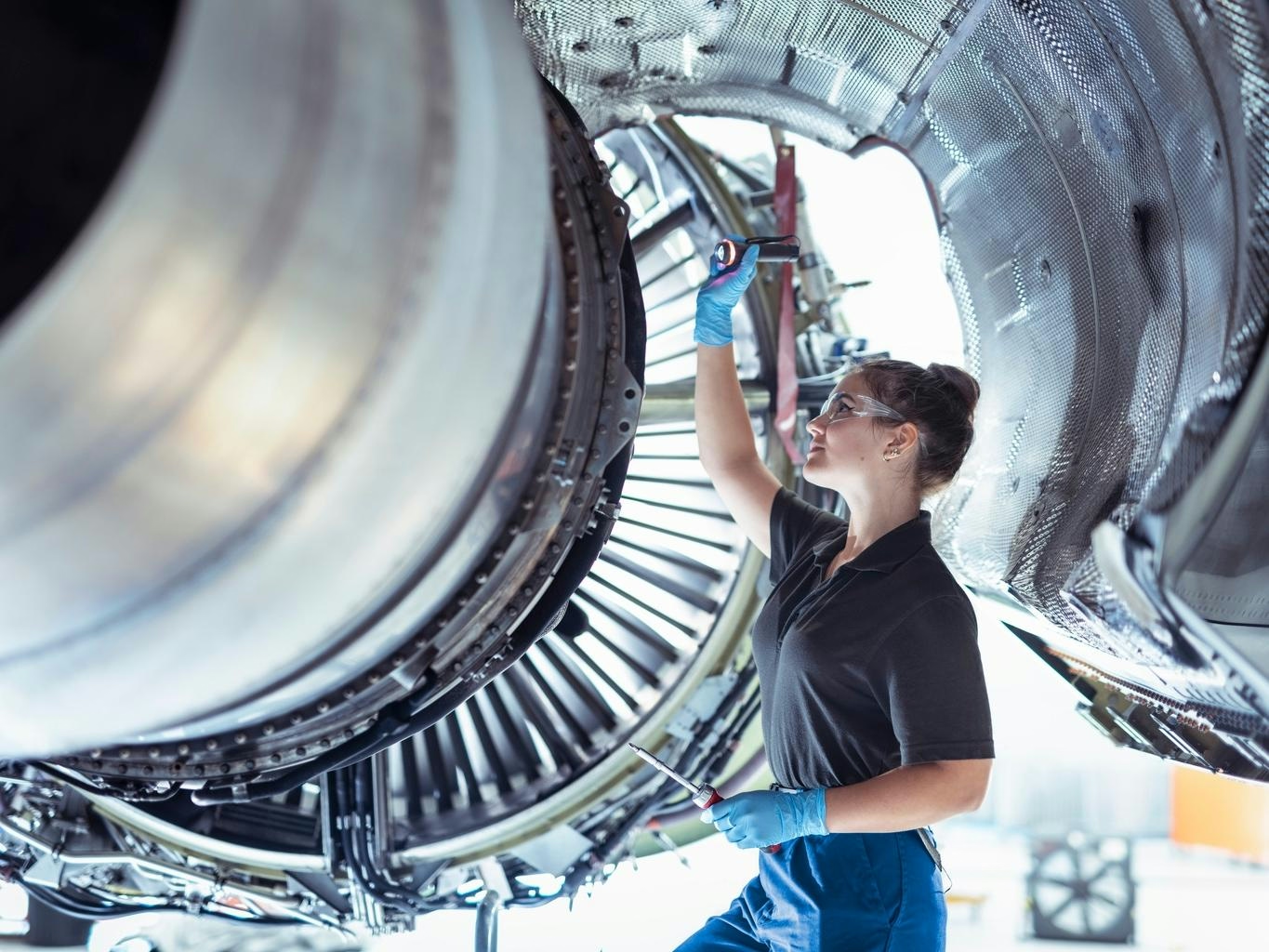
FTAI Aviation Shares Rise 6.3% Following AI Partnership with Palantir

Airports Innovate 2025 Shapes the Future of Aviation

How Volcanic Ash Disrupts Aircraft Engines

Ethiopia Volcanic Ash Plume Poses Risk to Aviation, DGCA Issues Warning
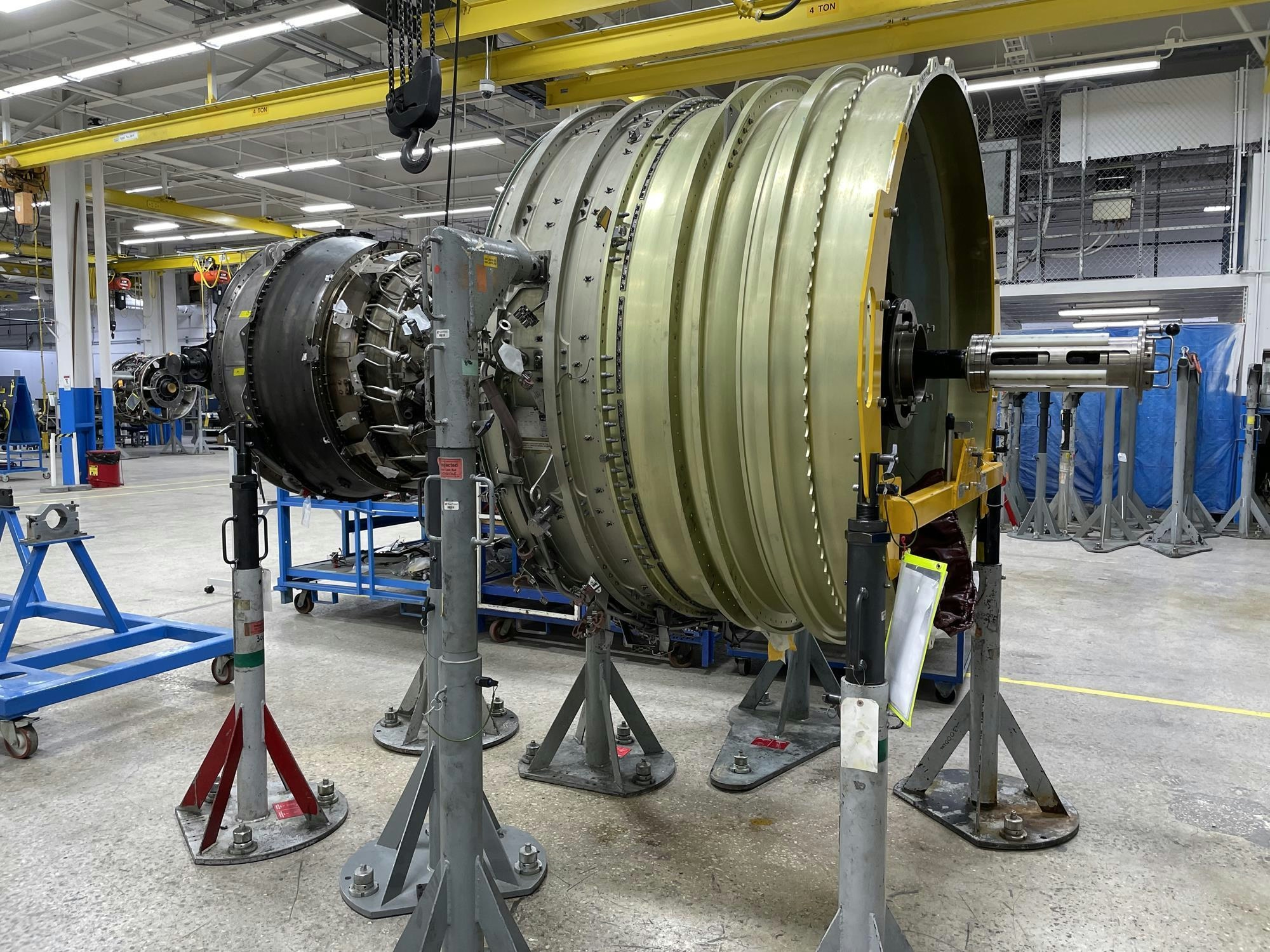
SIA Engineering and Safran to Expand LEAP Engine Maintenance Partnership
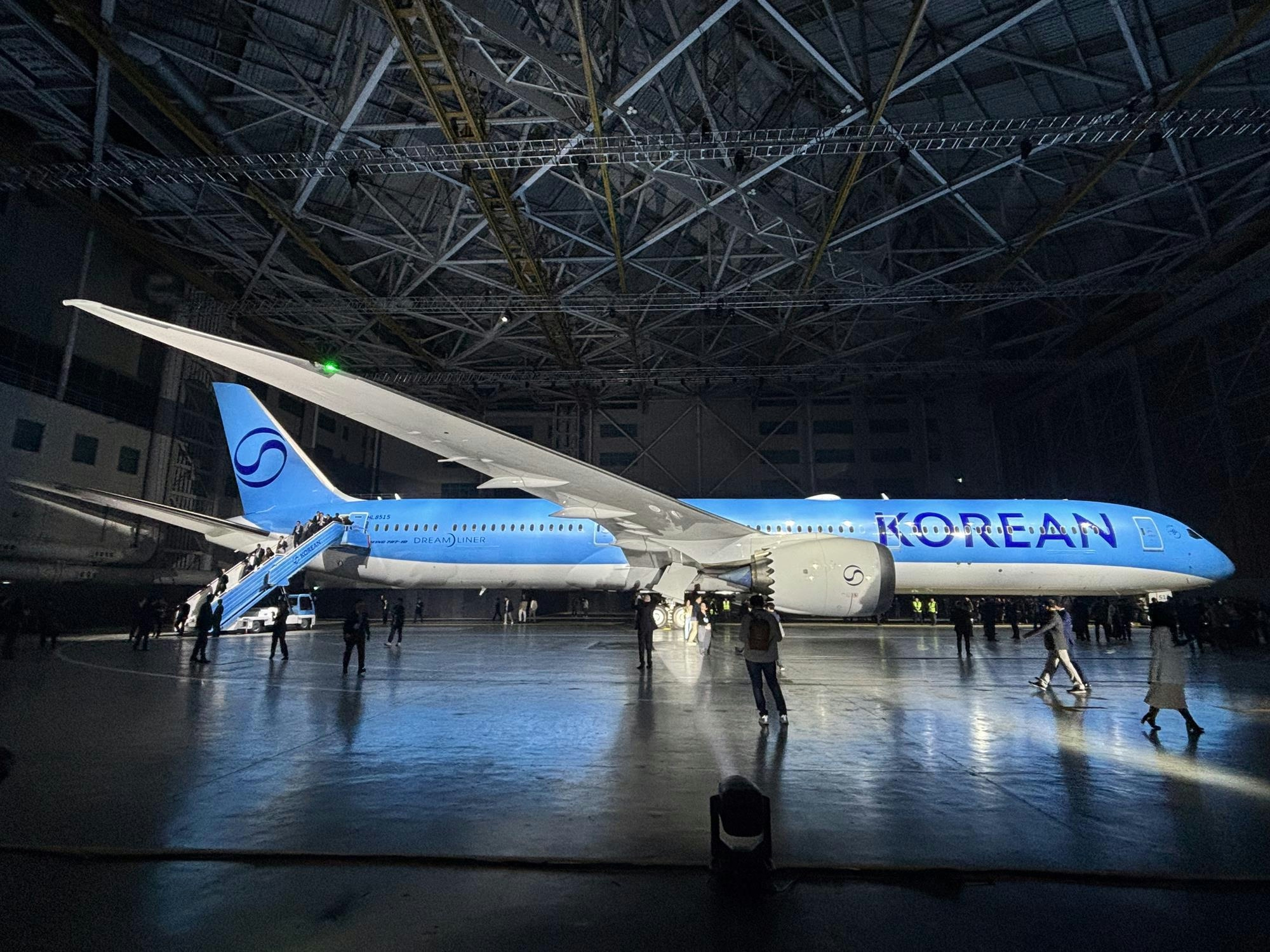
Korean Air to Build New MRO Facility at Seoul Incheon Airport

The Continued Importance of Charter Flight Cost and Time Estimators for Business Aviation
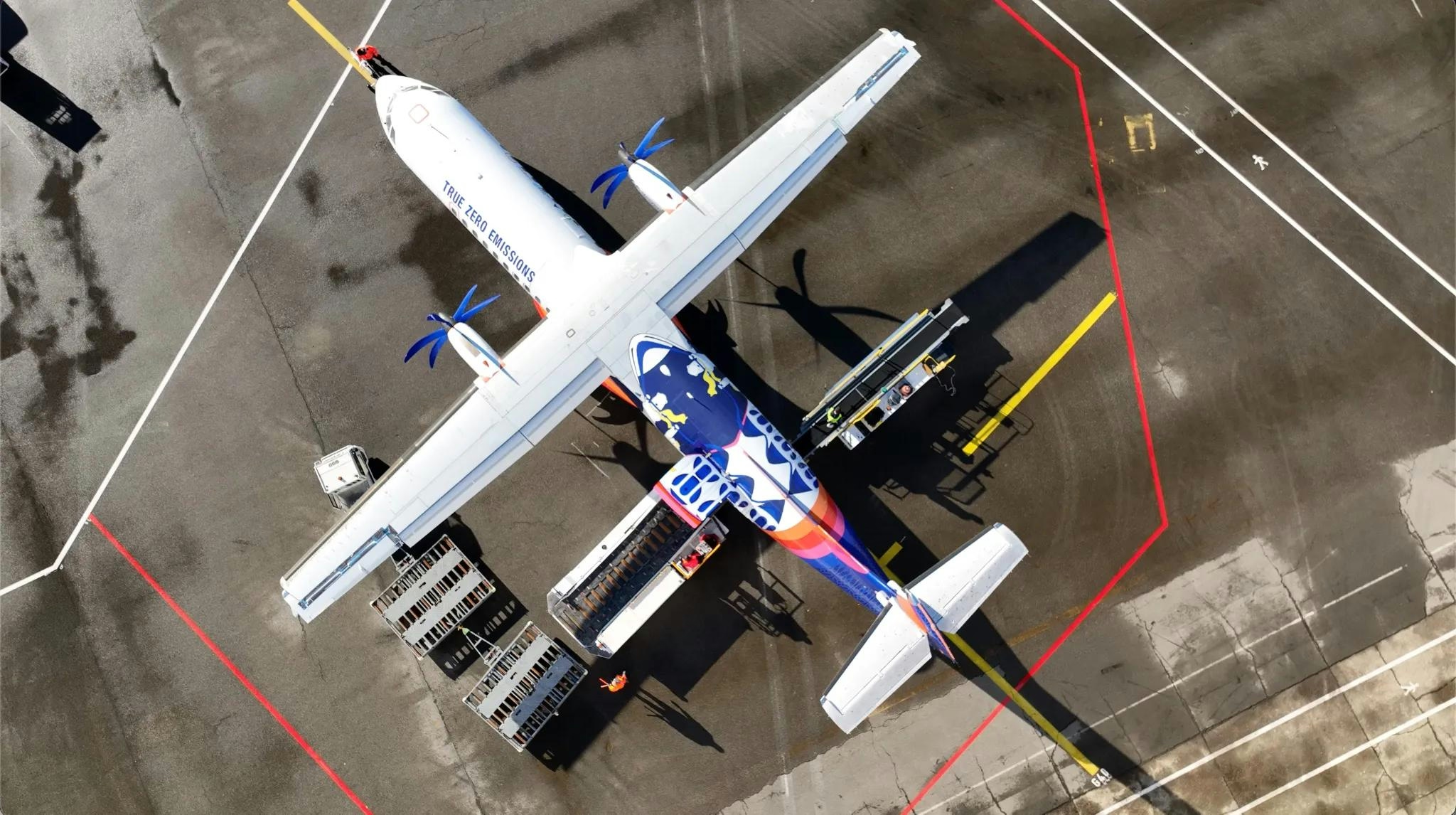
Pivot Airlines to Acquire First DHC-8-Q300 Aircraft
